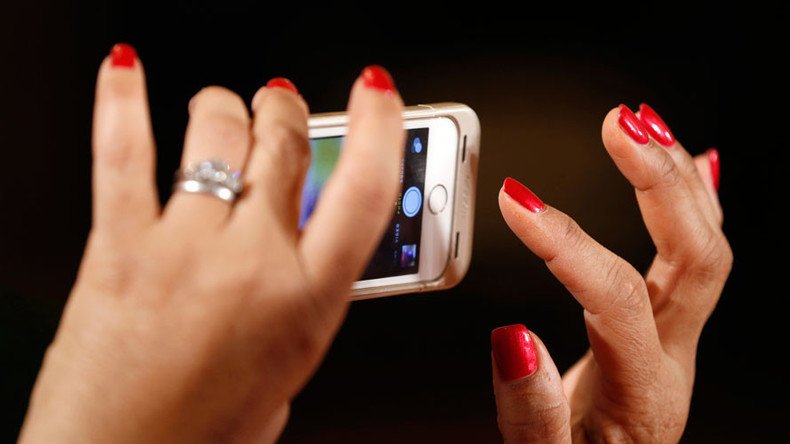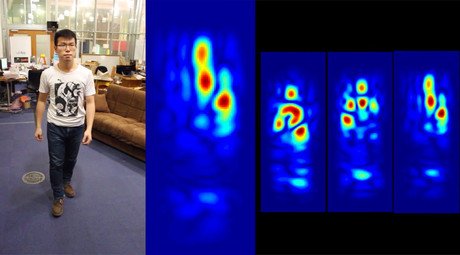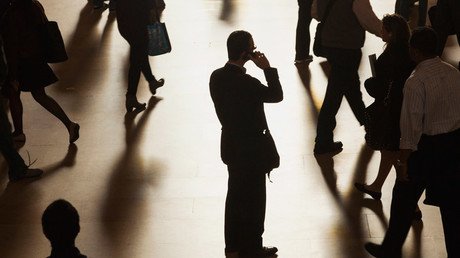Sherlocked: Molecules on phone clue scientists in to owner’s lifestyle

New research carried out by US scientists has discovered exactly what the molecular data that you leave on your cell can tell about you. And the answer is – well, almost everything.
Scientists at University of California’s San Diego School of Medicine and Skaggs School of Pharmacy and Pharmaceutical Sciences say they can now build a comprehensive lifestyle profile for a phone’s owner, including details about their diet, health, use of cosmetics, and even the places they’ve visited.
The results of the study have been published in Proceedings of the National Academy of Sciences.
The cutting-edge technology could be useful for criminal investigations, airport screenings, environmental studies, and medicine, to name just a few applications.However, the study’s authors think its potential use in forensics is its primary strength.
“Imagine a scenario where personal belongings such as pens, keys, phones, or handbags are found at an investigative site. It is often valuable to the investigative team that is trying to trace back the belongings to an individual to understand their personal habits, even when DNA evidence is also available,” the abstract of the study says.
“Such information could help a criminal investigator narrowing down the owner of an object found at a crime scene, such as a suspect or missing person,” it adds.
To conduct their study, the team of scientists first built special 3D models to show the molecules and microbes discovered at hundreds of spots on the bodies of two adult volunteer participants.
Despite the subjects being banned from using any cosmetics for three days before samples were taken, the researchers were surprised to find that they still contained an abundant quantity of molecules from hygiene and beauty products, as well as medication used months before the test.
The scientists realized that by tracing other chemical compounds from various objects, they could create a full profile for the person using them.
In the latest study, four spots were swabbed on the phones of 39 healthy adult volunteers, as well as eight locations on their right hands.
All in all, almost 500 samples were collected.
A technique called mass spectrometry was used to find various molecules in the samples. The researchers identified as many molecules as possible by comparing them to references from a crowd sourced database developed by the team.
Using this information, a “read-out” was created from each phone. The molecules discovered on the gadgets included those from medications, like anti-fungal cream or anti-depressants, as well as food molecules from citrus, caffeine, herbs, and spices. Traces from sunscreen products were also found.
The volunteers confirmed that the findings corresponded with their respective lifestyles. “According to the volunteers, none of the lifestyle molecules annotated was discordant with their own personal knowledge of their lifestyle,” the research mentions.
Researchers Pieter C. Dorrestein and Amina Bouslimani plan to extend their study to 80 more people and samples from other personal items such as wallets and keys, Science Daily reported.














